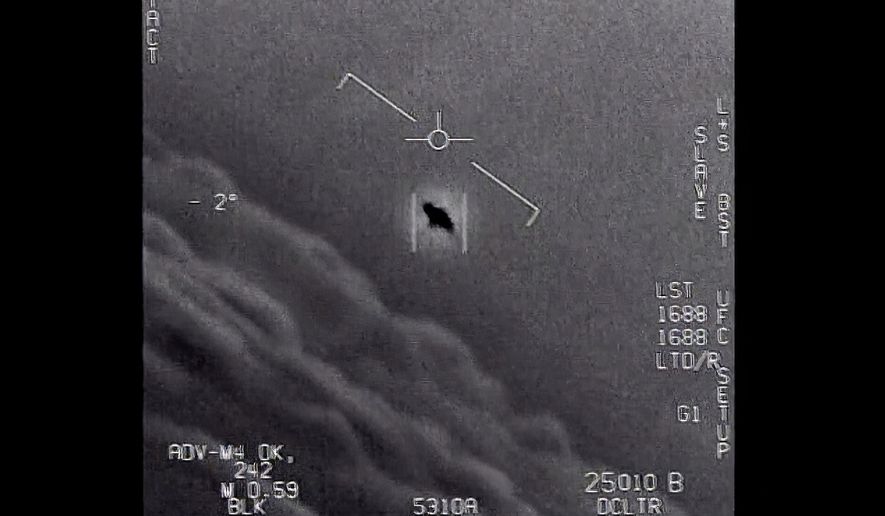A new study conducted by researchers at Harvard University and Montana Technological University has put forth a controversial hypothesis suggesting the presence of an unidentified, technologically advanced population living covertly among humans on Earth.
In their newly published paper, the research team posits that sightings of UFOs, or Unidentified Anomalous Phenomena (UAP), may be indicative of activities by intelligent beings that are either hidden on Earth, possibly underground, or in nearby environments such as the Moon.
They also consider the possibility that these beings could be “walking among us,” disguised as humans.
While the researchers acknowledge that their hypothesis is likely to be met with skepticism by the broader scientific community, they urge their peers to approach the claim with “epistemic humility and openness.”
The paper outlines three main hypotheses regarding the existence of these advanced civilizations:
Remnant forms: The researchers speculate that “remnant forms,” which could represent an ancient, highly advanced human civilization, might be living among humans today.
Underground non-human civilization: Another hypothesis suggests the existence of a non-human underground civilization, possibly descendants of “unknown, intelligent dinosaurs.”
Hidden occupants: The third hypothesis proposes the presence of hidden occupants, comparable to earthbound angels or fairies, who may have traveled to Earth from elsewhere.
The hypothesis comes in the wake of explosive testimony by UFO whistleblower David Grusch. In July 2023, Mr. Grusch testified under oath that his life had been threatened and that he was instructed to remain silent about a secret government program focused on retrieving crashed UFOs.
Mr. Grusch claimed that the U.S. government has had access to UFO technology and “biologics” of “non-human origins” since the 1930s and that they know the exact locations where these materials are being stored.
• Staff can be reached at 202-636-3000.




Please read our comment policy before commenting.